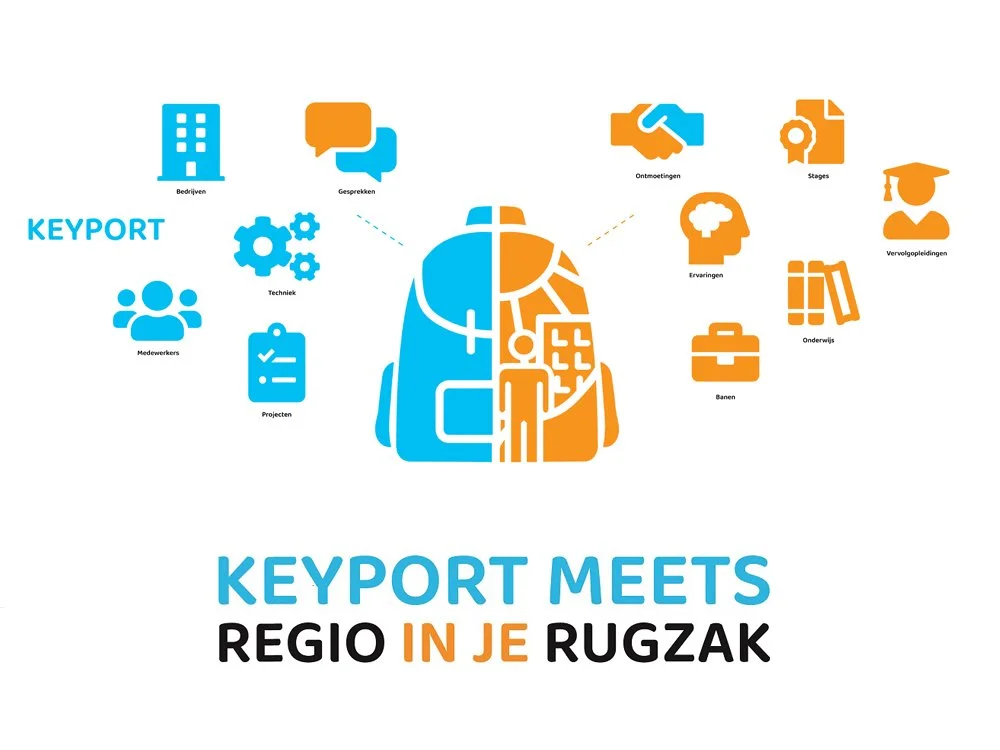How AI helps students find their dream jobs
When we speak to people outside the industry about AI, they tend to imagine a complicated mishmash of technology whose intricacies remain an unfathomable mystery to them. Other images that come to mind are commercial applications, or creepy, dystopian visions of the future. However, what if we were to tell you that AI can also help us realise wonderful goals for the betterment of our society? One of those goals – to which we are happy to contribute – is to harness the power of AI to help students find their dream job.
The perfect match
Young people all over the world are finding it hard to choose a job these days; let alone envision the career of dreams. There is so much to choose from, after all. Alternately, they may narrow down their choices too much based on their talents, education and the region in which they live. Many students therefore remain unaware of the existence of many companies and jobs and, as a result, may never get a shot at their dream career.
If it were up to platforms such as Regio In Je Rugzak(‘Region in your backpack’), this would be very different. This matching tool, for which Nalantis developed the language technology, helps students in the Roermond area find interesting jobs and companies in their region. As a result, they discover job opportunities that might otherwise never have come to their attention but are a perfect match with their personal profile. Through this platform, Regio In Je Rugzak aims to help young people find a job that really suits them. On top of that, it encourages students to become better acquainted with their own region. Although they may always have thought there was ‘nothing to do’ in their hometown, their dream job could very well be located along their cycling route to school.
Knowledge is power
Tools like these are not robotic job chips that tell you what to do for the rest of your life, like in Futurama. On the contrary. Instead of imposing something on you, they provide you with recommendations based on your unique skills and ‘professional DNA’. You could think of it as a blank road map, on which paths suddenly appear that you would otherwise never have noticed. The map provides insight and guidance, but nevertheless gives you the opportunity to walk your chosen path exactly as you want. Perhaps getting a taste of a particular job or company may be enough to make students realise what they definitely do not want to do later on. Knowledge is power, and ‘match-making’ platforms such as these are a good place to start.
Just as important is gaining insight into the constantly changing skills you need to put yourself out there in today’s job market. SkillsInZicht Euregio was set up precisely with this in mind, and is also powered by AI technology by Nalantis. As we all experienced during the COVID-19 crisis, the labour market is subject to rapid change and that is precisely why SkillsInZicht aims to ensure that companies, employees, educational institutes, government bodies and students in Flanders and the Netherlands can anticipate this even faster.
The SkillsInZicht tool Meet The Youngsters, for example, helps young people in the Netherlands make decisions about their further education and take their first steps on the labour market. Another tool, intended to provide working people in the Netherlands with guidance in terms of lifelong education and training, is Leo Loopbaan.
"Looking at the labour market in an innovative way provides unique insights to address the mismatch between supply and demand. Based on the insights thus obtained, targeted investments can be made to better align supply and demand, thereby addressing future labour market shortages and surpluses." - SkillsInZicht
The sky’s the limit
What’s the best thing about these career platforms? They are completely objective. Or, as we call it in the industry: unbiased. This is diametrically opposed to the ‘traditional’ ways of choosing a job. Perhaps your parents want you to study engineering even though this hardly reflects your skills or fields of interest. Or your chosen study programme steers you in a certain direction, while the insights you have gained into the job market show that you could also retrain yourself to do something completely different.
As well as being objective, these unbiased systems are also open-minded. They don’t impose limits based on characteristics that don’t matter from an objective viewpoint (e.g. gender, age, name or ethnic origin). Where you might hold yourself back from going in a certain direction, objective matching tools push you beyond that invisible boundary and help you discover and develop the skills and talents you need to make it in that career – or encourage you to learn new skills that help you grow in your current career.
Are you working on a project that would benefit from our unbiased, next-gen language technology? We'd love to hear from you!




